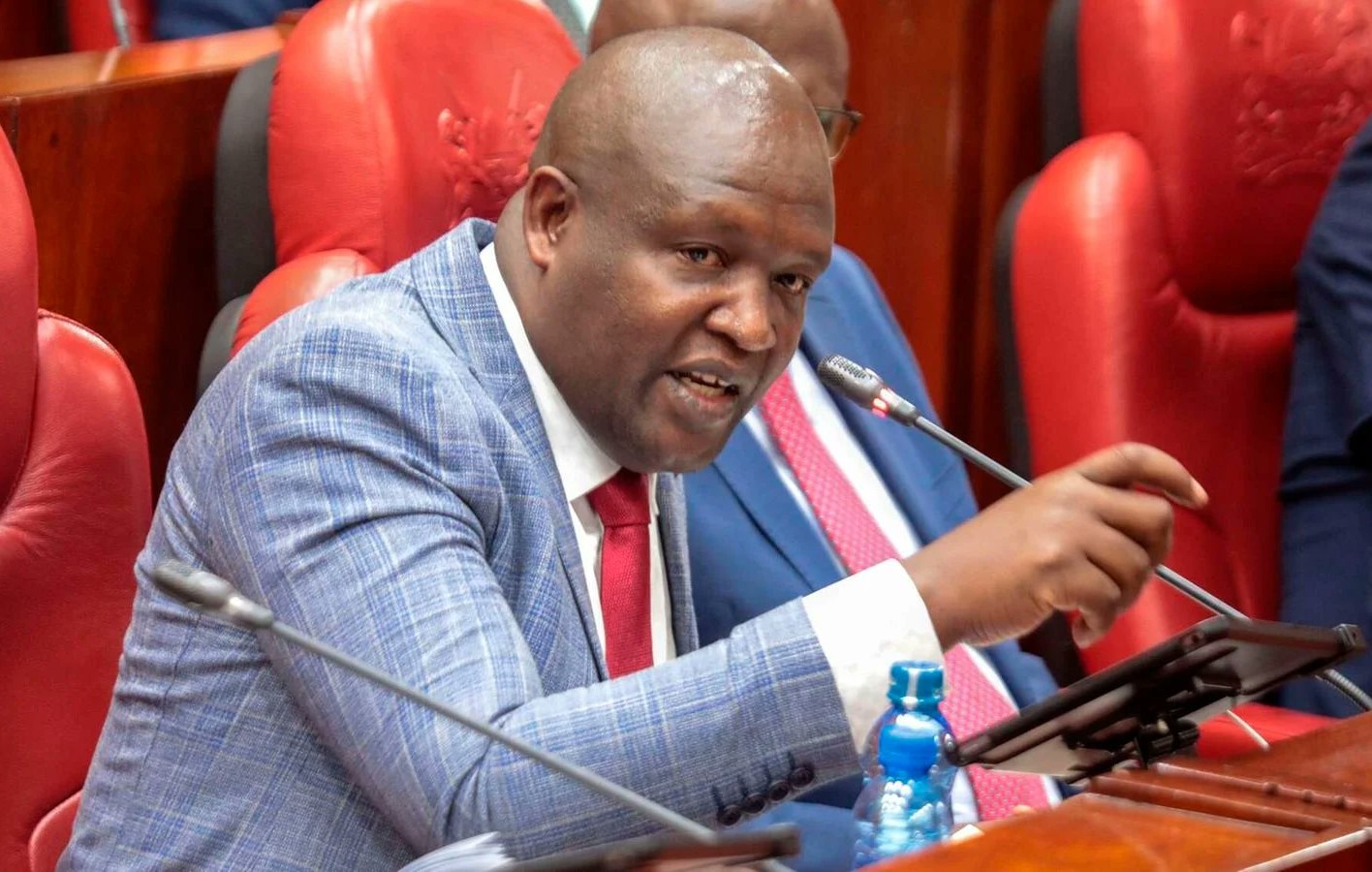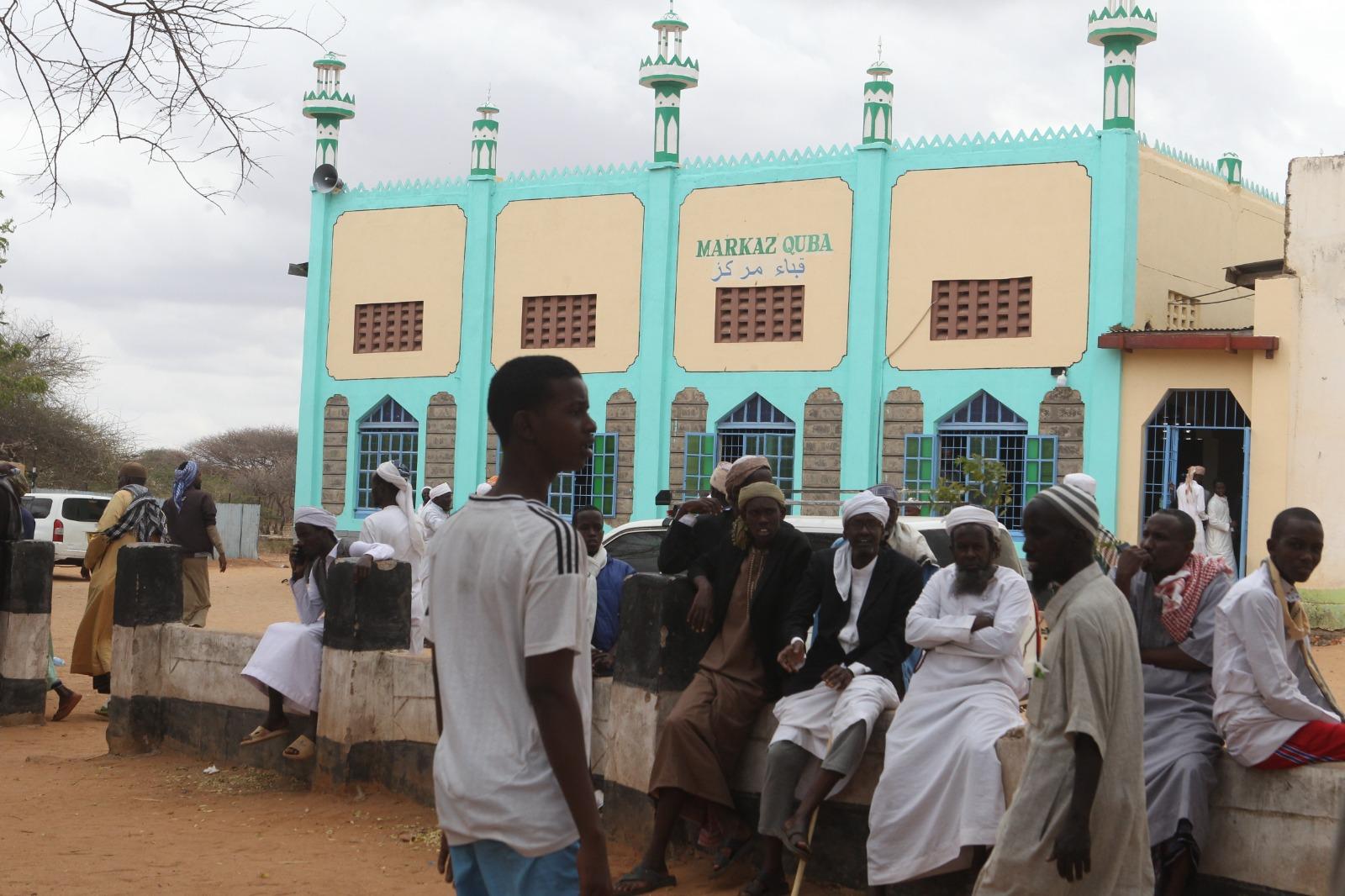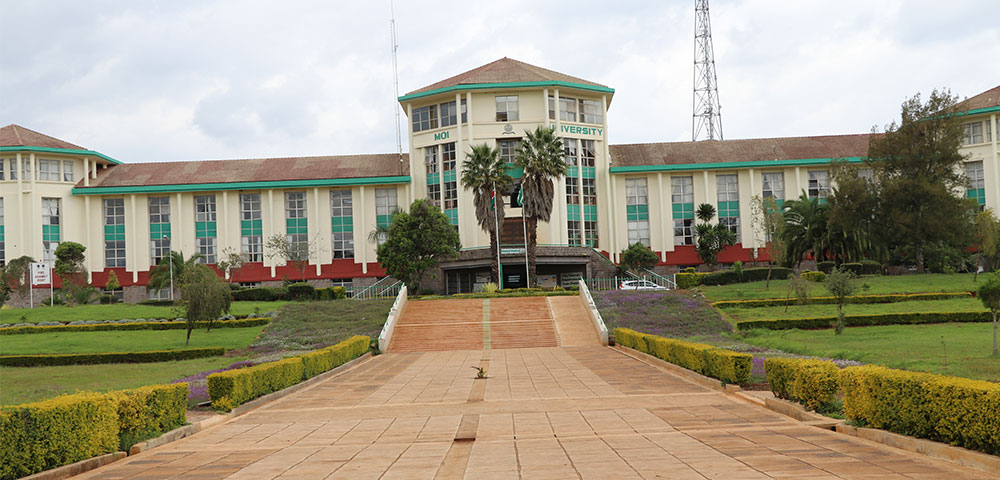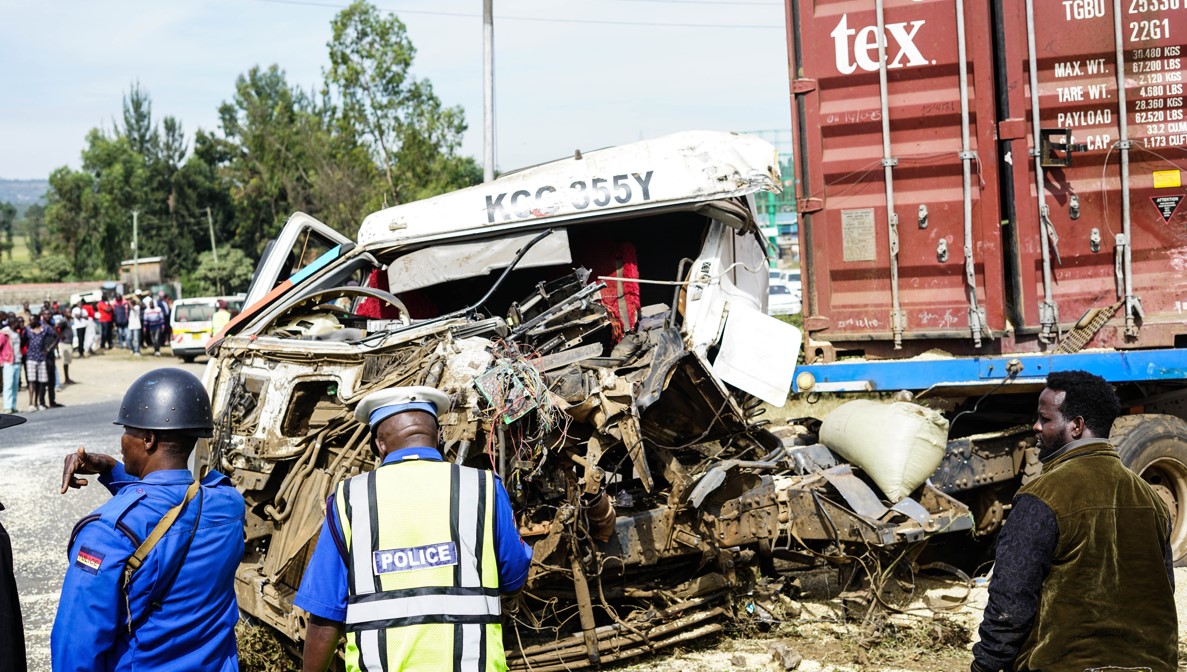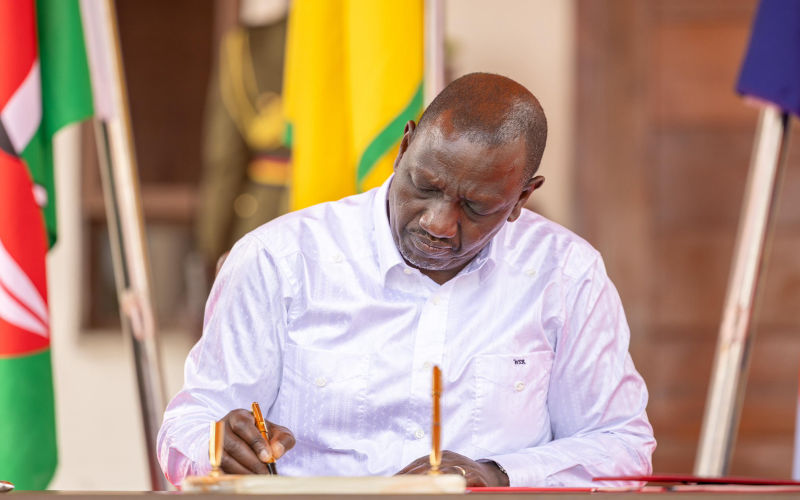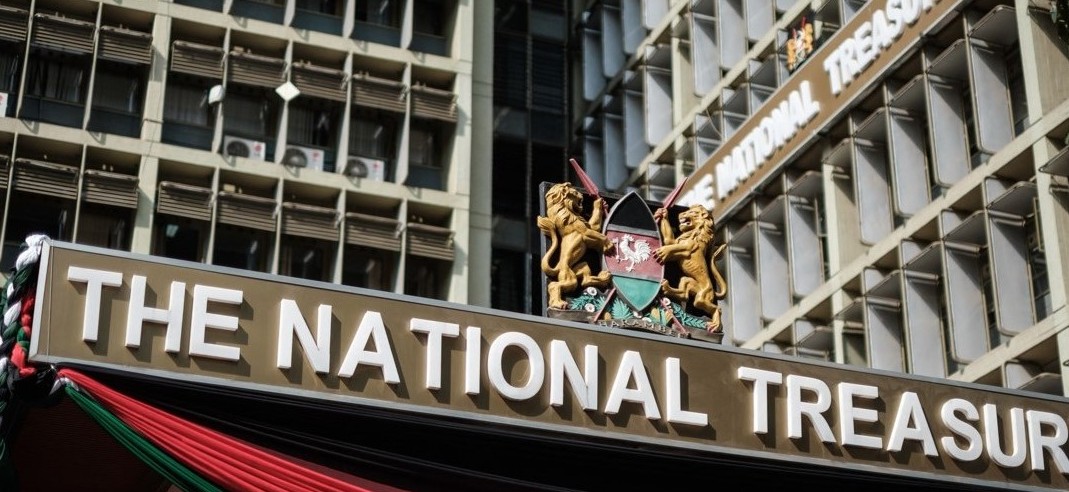Kenya heightens vigilance on cross-border movements as Uganda reports nine Ebola cases
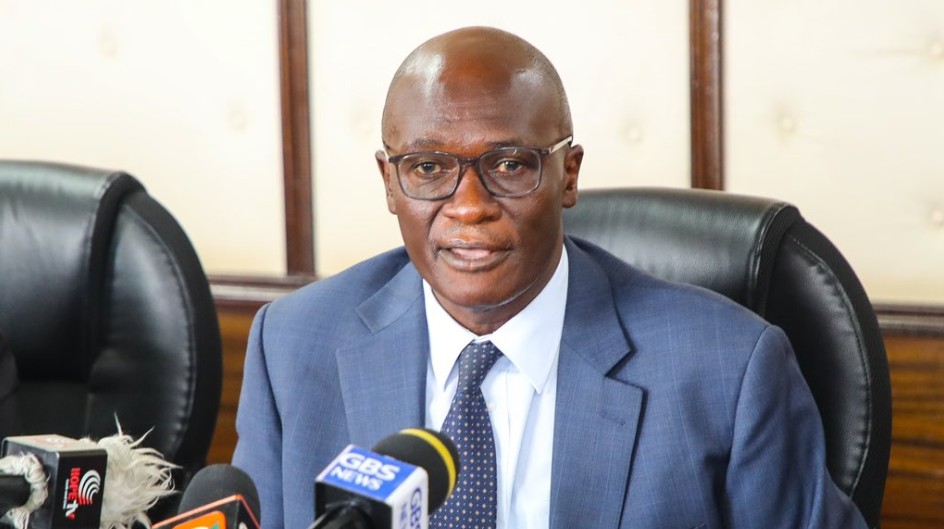
Screenings have been intensified at major border crossings, including Busia, Malaba, and Suam, as well as at the Jomo Kenyatta International Airport.
Kenya has heightened its vigilance following a surge in Ebola cases in Uganda, where nine infections have been confirmed and 265 contacts are under quarantine.
Speaking at a media briefing, Director General of Health Patrick Amoth emphasised the ease with which the virus could spread due to Kenya's close ties with Uganda.
More To Read
- Mpox outbreak: What you need to know to stay safe
- Rising mpox cases, cholera outbreaks and HIV misinformation straining Kenya's public health sector- report
- 314 mpox cases confirmed as MoH ramps up containment across 22 counties
- Mombasa leads Kenya’s mpox outbreak as MoH, WHO step up response
- How misinformation is hampering Kenya's fight against infectious diseases
- Mpox spreads to 20 counties in Kenya, alarming increase in cases reported
While no cases have been reported in Kenya, he stressed the importance of precautionary measures.
"Our interconnectedness with Uganda increases the risk of Ebola spreading. We must remain vigilant and take all necessary precautions to safeguard public health,” he stated.
To strengthen preparedness, the Ministry of Health has activated the Public Health Emergency Operations Centre (PHEOC) and repurposed the Mpox task force to manage Ebola surveillance.
Both national and county emergency response teams are now on high alert.
Additionally, 85 trained personnel from the Africa Volunteer Health Corps have been placed on standby for rapid deployment.
Screenings have been intensified at major border crossings, including Busia, Malaba, and Suam, as well as at the Jomo Kenyatta International Airport (JKIA).
Travelers arriving from Uganda are being directed to designated areas to minimise potential exposure risks. Laboratory networks have also been activated to ensure quick detection and diagnosis of any suspected cases.
Despite these efforts, authorities face several challenges, including limited stocks of Ebola-specific personal protective equipment (PPE), a shortage of dedicated ambulances for safe transport of patients and a lack of fully functional isolation facilities at key border points.
To address these gaps, the government is working on strengthening healthcare worker training on Ebola detection and infection control, mobilising additional resources, and enhancing risk communication to combat misinformation. Collaboration with Ugandan health officials has also been prioritised to improve surveillance and response efforts.
The Ministry of Health has called for heightened vigilance across all counties, urging healthcare facilities to adhere to infection prevention protocols and report any suspected cases immediately.
With proactive measures and strong cross-border coordination, Kenya aims to prevent the spread of the virus and protect public health.
Top Stories Today
- Watch: Senate hears impeachment charges against Kericho Governor Erick Mutai
- Absa launches women-only Islamic bank account to spur financial inclusion
- Kenya to roll out national traffic accident database to curb road carnage
- Job prospects dim despite business optimism, CBK survey shows
- Quba Islamic Centre in Garissa shut over leadership wrangles, clan clashes
- Nigeria to impose retaliatory visa rules in response to US social media requirement
